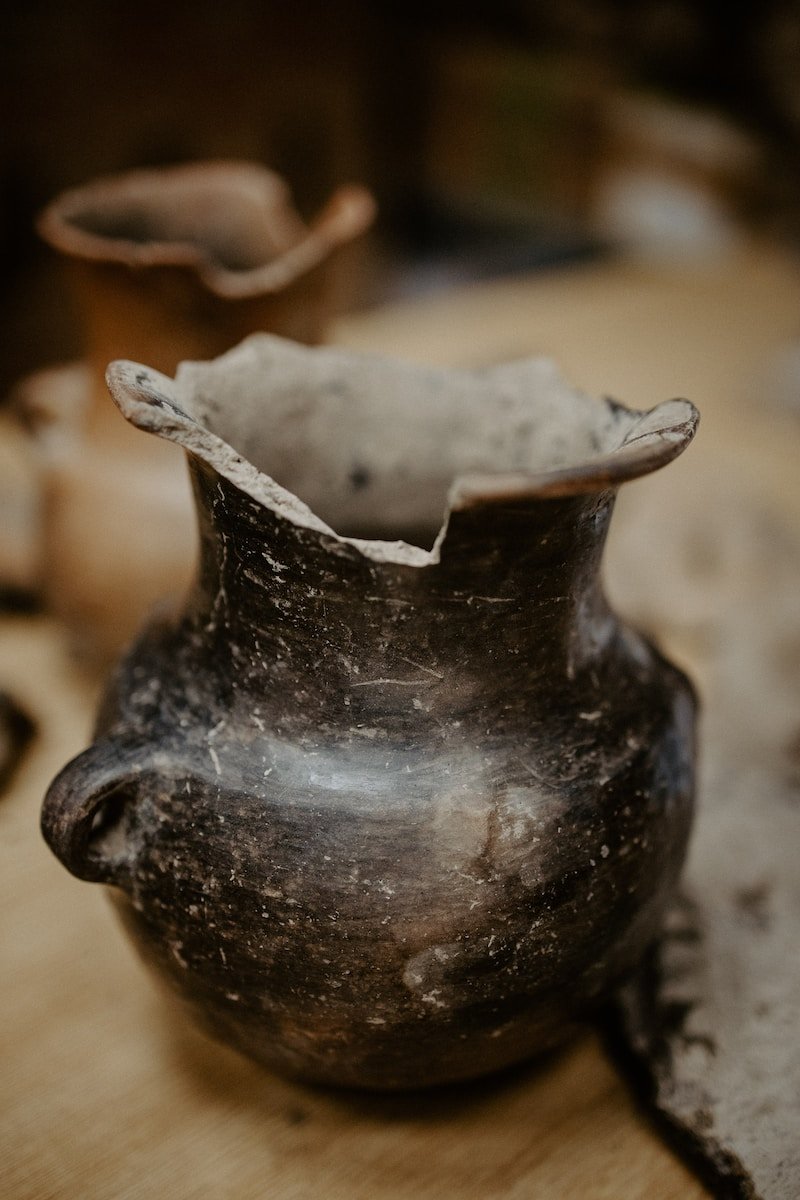Cultural heritage is vital for national identity and societal education. However, many historical relics, especially those stolen by Western colonial forces, are trapped in a diplomatic quandary between the nations that possess them and the countries from which they originated. The limited binding force of international conventions addressing the repatriation of lost cultural artifacts has allowed this contentious issue to persist, preventing these relics from fulfilling their essential roles in educating the public and fostering a sense of global cultural unity.
Yet, to dismiss the importance of these looted relics due to the ongoing international disputes would be an oversight. Instead, a more constructive approach is required. A recent collaboration between Germany and China presents a fresh paradigm for addressing this complex issue.
This unprecedented project was initiated by seven German museums, including the Berlin State Museums, in conjunction with China’s Palace Museum and Shanghai University. The initiative’s goal was to identify artifacts that were looted during the Boxer Rebellion, an anti-colonial uprising in China around 1900.
The Boxer Rebellion saw an influx of western forces into China, with Germany being part of the Eight-Nation Alliance that resulted in a significant loss of Chinese cultural heritage. According to relic expert Xiang Zhengming, over 10 million artifacts were stolen from China during this period.
In a move that may be interpreted as an attempt to redress past wrongs, Germany, perhaps prompted by a sense of historical responsibility or international pressure, is seeking to make amends through this collaborative venture.
This initiative is influenced by post-colonial museology ethics that began taking shape in the 1960s. As Western scholars advocate for the return of artifacts to their countries of origin, the political sphere in the West is gradually compelled to consider returning looted relics to the less developed nations from where they were taken.
The project represents a significant step towards the repatriation of looted objects, marking it as of “global importance,” according to Christine Howald, a core researcher of the China-Germany initiative.
Unfortunately, the path to restitution is not without obstacles. Instances like the British Museum‘s refusal to return the Rosetta Stone to Egypt, despite ongoing requests, signify that the journey towards fair resolution is far from over.
Nonetheless, it is high time Western museums acknowledge their collections’ colonial origins and take steps to ensure their safe return. As China continues to expand its cultural heritage sector and influence, the nation stands ready to reclaim and preserve the artifacts it lost to foreign looting.
Over the recent years, China has been proactive in reclaiming its cultural heritage, signing agreements and memorandums of understanding with over 20 countries including the UK, Italy, and France. This effort has already resulted in the return of over 1,800 lost cultural relics, marking just the beginning of this long overdue process of historical restitution.
READ MORE:
